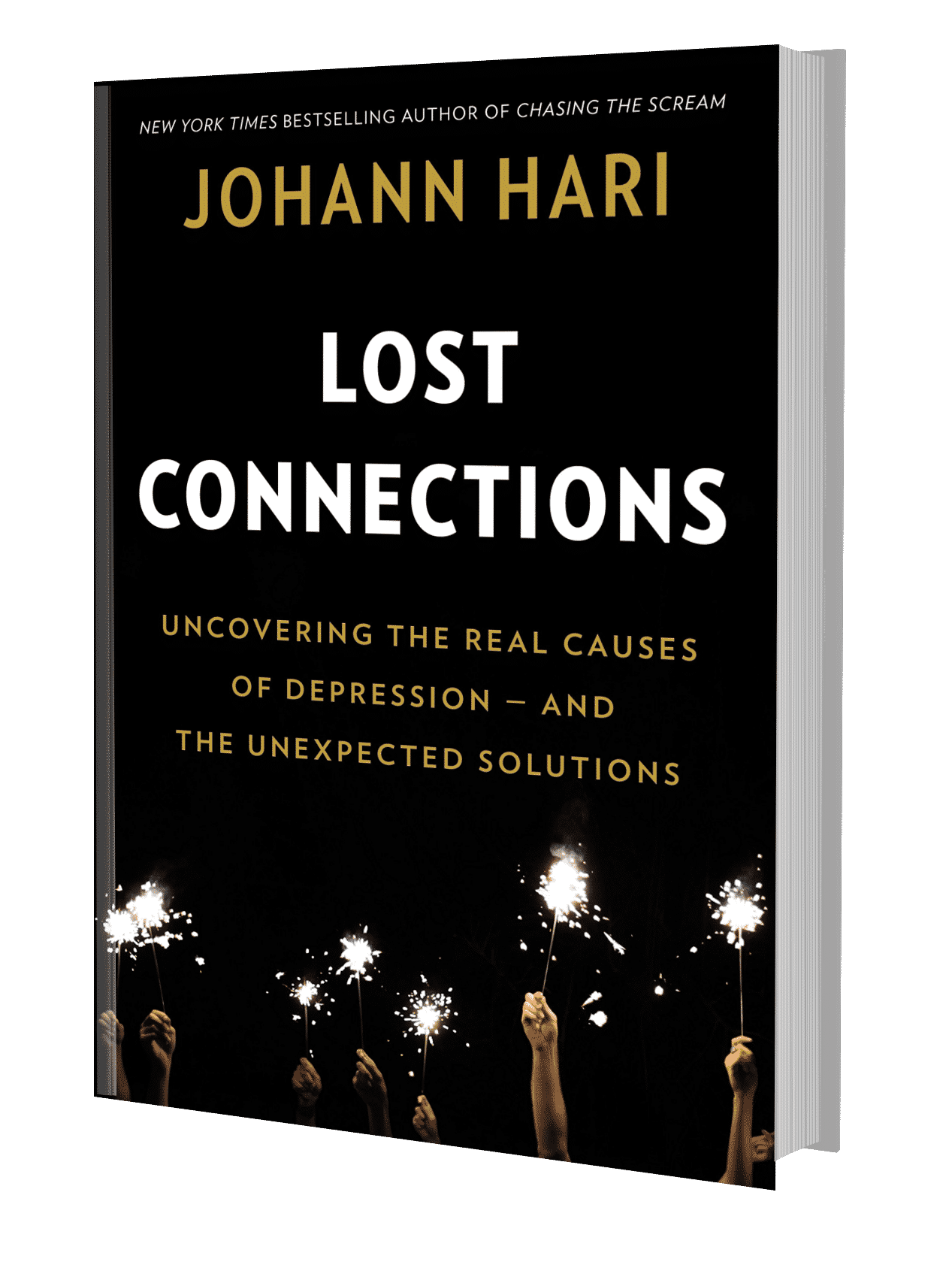I am a glass-half-full kind of gal, I joke and say “If I need my glass to be fuller, I’ll pour it in a smaller cup!” All that, tongue-in-cheek of course. I never understood depression. I thought you could “snap out of it.”
It was not until my mothers’ death that I felt the sting of it. After the month or so of packing and inventorying and selling mothers home, I came to the house in Montana and locked myself up in my bedroom. I turned down all the shades and stayed in there for three days.
It is only when you have experienced even a touch of it, that you begin to understand that depression is not so simple…

The importance of this topic lies in our ability to give suicide and depression life instead of death. Talking to your friends and family, asking for help and knowing that you are not alone is the first, and hardest, step in becoming mentally stronger during these bouts.
Sufia joined us during our multigenerational photo shoot. As a high school counselor, she is passionate about opening up the conversation to her kids, as well as, her community about the importance of suicide awareness and prevention.
“I’ve witnessed the devastation caused by suicide. The feelings of pain, guilt, confusion, and anger can be overwhelming for the family and friends of the victims of suicide.” -Sufia

Suicide is a difficult topic to talk about, but just one look at the statistics and you can see why it’s important to address this issue. According to the Centers for Disease Control and Prevention (CDC) WISQARS Leading Causes of Death Reports, in 2016:
- Suicide was the tenth leading cause of death overall in the United States, claiming the lives of nearly 45,000 people.
- Suicide was the second leading cause of death among individuals between the ages of 10 and 34, and the fourth leading cause of death among individuals between the ages of 35 and 54.
- There were more than twice as many suicides (44,965) in the United States as there were homicides (19,362).
It can be scary to think that someone we know could be thinking about taking their own life, but there are steps you can take to help. I encourage you to learn more about suicide prevention.
I saw an interview with a young author, Johann Hari who wrote “Lost Connections: Uncovering The Real Causes of Depression and the Unexpected Solution.” Perhaps we don’t always have to mask and medicate our way through depression. In this book, he speaks to scientists and experts about the neuroscience behind depression and non-medical related treatments for getting through it all. I encourage you to check out this best-selling book.
If you don’t think you’re affected by this subject, I encourage you to take a closer look at your loved ones. Be kind to those you encounter. Share a smile with a stranger and a kind word to those who you may feel opposition from. Remember that depression can affect anyone at any given time. Don’t be shy, if you need anyone to listen; our door is always open.


